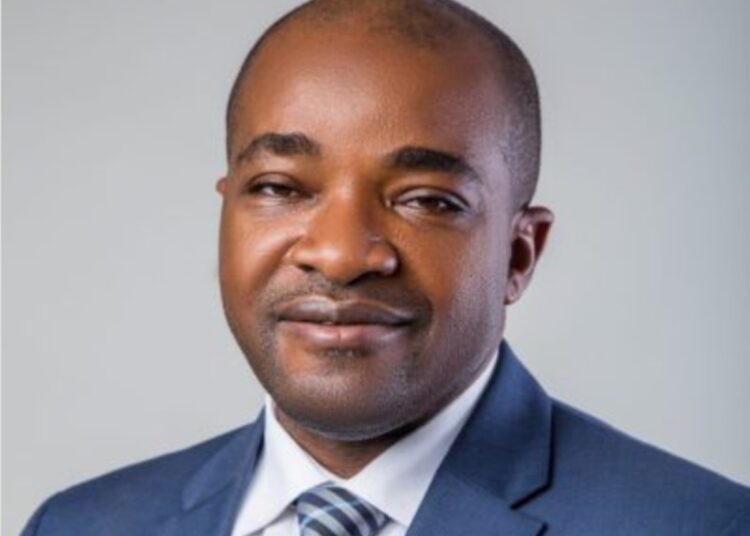In a bid to navigate through the economic challenges ahead, the Nigerian Economic Summit Group (NESG) unveiled the 2024 private sector macroeconomic outlook on Wednesday, themed “Nigeria’s Private Sector in Turbulent Times: Mitigating Risks and Positioning for Economic Transformation.” The event shed light on the current economic landscape and strategies for resilience.
Chairman of the NESG’s board of directors, Mr. Niyi Yusuf, expressed concerns over the fragility of Nigeria’s post-pandemic economic growth. He emphasised that the country’s economic terrain has been turbulent, facing internal and external pressures. Referencing the challenges of 2023, including the cash crunch and disruptions from the naira redesign policy, Mr. Yusuf highlighted the adverse effects on businesses and the economy at large. He further underscored the impact of reforms such as fuel subsidy removal and exchange rate adjustments on business performance and overall economic outcomes.
The subdued performance of the private sector in 2023, as indicated by the Purchasers’ Manager Index (PMI) falling below the expansion threshold, was attributed to factors like inflation surges, logistic costs, and currency depreciation. Mr. Yusuf lamented the impediments faced by businesses, including regulatory complexities, legislative hurdles, and insecurity, hindering growth and productivity.
Recognising the pivotal role of the private sector in economic transformation, recent government initiatives have aimed to nurture and advance its development. Director-general of Lagos Chambers of Commerce and Industry (LCCI), Dr. Chinyere Almuna echoed this sentiment in her goodwill message.
She emphasised the need to understand and address the multifaceted challenges facing the private sector, particularly amidst uncertainties in the economic landscape. Dr. Almuna stressed the sector’s significance, contributing 98 per cent to GDP and 80 per cent to annual investment, and urged leveraging its potential to tackle economic challenges and achieve national objectives.
Chief economist and head of research and development at NESG, Dr Olusegun Omisakin delivered insights on the 2024 private sector macroeconomic outlook.
He highlighted the impact of macroeconomic performance on businesses, citing a decrease in Nigeria’s economy from $400 billion in 2022 to $356 billion in 2023. Dr. Omisakin identified the high cost of production and challenges in doing business as major hurdles for the private sector.
Addressing strategies to bolster the economy, Dr. Omisakin outlined measures such as product diversification, technology adoption for marketing, market research, cost optimization, and regulatory compliance. These strategies, along with supply chain diversification and exchange rate risk management, are envisioned to enhance private sector resilience and contribute to economic rebound.
As Nigeria stands at a transformative juncture, the NESG’s outlook emphasises the imperative of a robust and responsive private sector in driving economic recovery and transformation. With concerted efforts and strategic initiatives, stakeholders aim to navigate through turbulent times and position Nigeria for sustainable growth and development.





